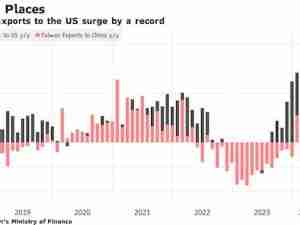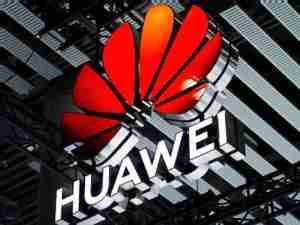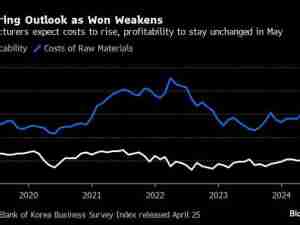Tim Adams, Treasury's under secretary for international affairs, told the Senate Finance Committee that while China has been "far too cautious" in adopting a more flexible currency that might reduce US trade deficits, it was taking action.
"Encouraging China to move more rapidly to a more market-based, flexible exchange-rate regime is Treasury's number one priority," said Adams, who along with Treasury Secretary John Snow has visited Beijing repeatedly to urge exchange-rate reforms by the rising Asian trade giant.
He said China understood it needed to let market forces play a larger role in setting the relative value of its yuan, also called the renminbi.
This would help reduce global economic distortions and could encourage other Asian trading nations to adopt flexible currency regimes, Adams said.
"Our engagement with China on exchange-rate policy is not now about 'whether' but about 'how quickly'," Adams said.
In response to questions, Adams said China's central bank recognized the pressing need for a flexible yuan, though political will for the move was lacking.
The dollar eased against the yen following Adams' remark.
Beware isolationism
Adams said Treasury opposes measures in Congress that threaten to punish China with hefty duties unless Beijing lets its currency rise, saying that was less effective than working with Chinese authorities.
A number of such measures have been launched in recent months on Capitol Hill, where election-bound lawmakers see the issue of China's trade advantage as crucial to voters.
"We do not support these isolationist approaches," Adams said. "They would damage our economy and not achieve our shared goals."
Lawmakers on Capitol Hill, angered over a record $202-billion deficit on US trade with China last year and concerned that Beijing keeps its currency artificially low in order to gain a trade advantage, have been pressing the Bush administration for stiffer action.
Adams was one of several top officials testifying on China -- one of the hottest topics in Washington ahead of a scheduled April 20 visit by Chinese President Hu Jintao amid concerns sparked by China's rising economic and military might.
He said Hu's visit could affect the outcome of a keenly awaited semiannual Treasury report to Congress on currency practices of key trade partners, including China.
There had been speculation that the Treasury may name China a manipulator in the report, due in mid-April but certain to be delayed, though Adams said no decision has yet been taken.
Regarding a proposal offered Tuesday by Senate Finance Committee Chairman Charles Grassley and Democratic Sen. Max Baucus to alter the Treasury report so it sanctioned countries with "fundamentally misaligned" currencies rather than those that purposely manipulated their exchange rates, Adams said this would be helpful.
This change might make it easier to seek solutions through global forums like the International Monetary Fund.
"It's an emotive term," Adams said of the "manipulator" label. "Because we haven't employed it, the threshold becomes higher and higher," he added, noting that the United States had not named a country a currency manipulator since 1994.
Deputy US Trade Representative Karan Bhatia said the relationship between China and the United States was "not sufficiently balanced".
"The administration will not hesitate, when appropriate, to use all tools at its disposal to ensure that China lives up to its (trade) commitments, including dispute settlement at the WTO (World Trade Organization) or the use of trade remedies within our own legal system," Bhatia said.
Beef an issue
Franklin Lavin, the Commerce Department's undersecretary for international trade administration, cited China's refusal to negotiate on government procurement contracts, its ban on US beef im








